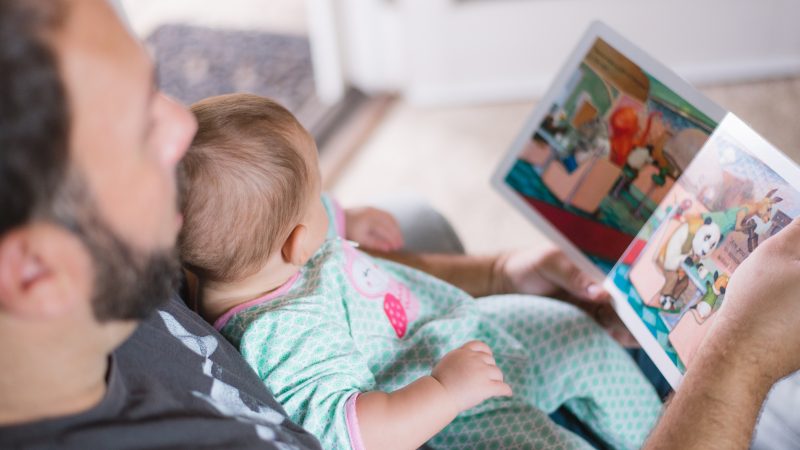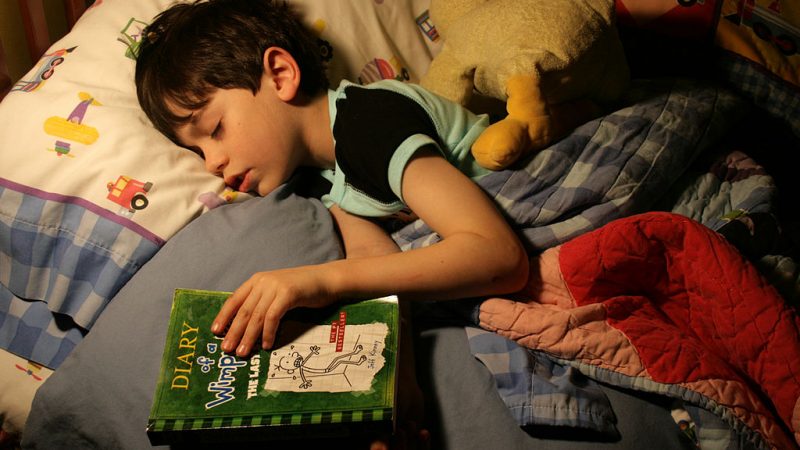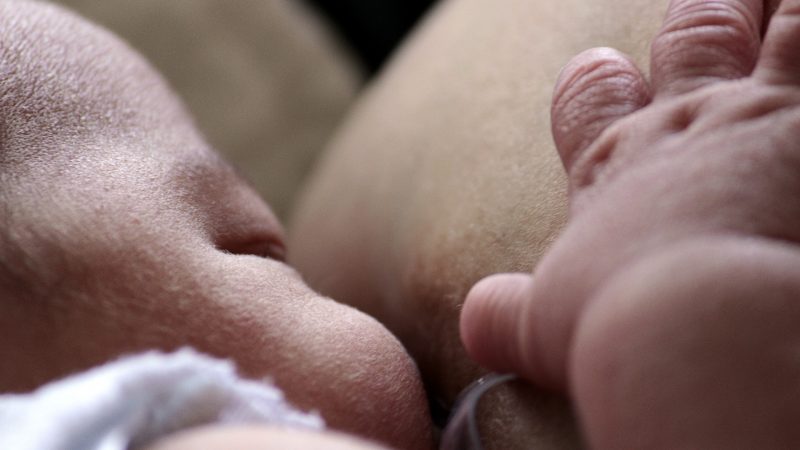
Tips for citizen scientists on designing your first experiments
In many citizen science projects, scientists still design the experiments, and volunteers are involved further down the line, to collect or interpret data. Parenting Science Gang has been designed differently – volunteers have been involved from the start. They will choose the research questions and design the experiments. And when that’s done, they will be carrying the experiments out. It’s a properly user-led project.
Which is awesome for giving us research questions that people really want answers to. And awesome for empowering and developing the volunteers. But it’s a bit intimidating for people who haven’t had years of training in designing experiments. So when we were working on our first citizen science project, Nappy Science Gang, I asked the scientists of twitter if they had any tips for people designing their first experiments. And here’s what they said:-
Randomisation is really important, as is writing a protocol (i.e. a clear description of what you are going to do in the experiment) up front.
Choose an outcome (i.e. the thing you are measuring or testing for) that’s relevant to the study participants and, wherever possible, objective.
Have a good think about all the variables involved and how they will be controlled.
Always do a trial run of your experiment
Be genuinely interested in ANY outcome, even if it’s not the one you ‘wanted’.
Think about what your resources are, what limitations they have, and how to make maximal use of them.
Think about what might be related to ‘best’ or ‘optimum’ in your questions, and how you could measure it.
Test hypotheses not data. Big ideas need to be broken down into simple questions.
Keep good notes so you can remember what you did and use it to change the research next time, teach others and reflect on what you’ve done and learned.
The controls are the most important bit.
Things that don’t work or go wrong still tell you something. Failure is also a result, it’s how we all learn.
Don’t get so bogged down in limitations that you get disheartened!
I hope this is useful to other citizen science projects who are taking a similar approach. Or anyone else who’s designing experiments for the first time.
Thanks to Suzi Gage, Patrick Phillips, Rob Aldridge, Catt Smith, Andrea Frost, Petra Boynton, Paul Gardner, Dominic Berry, Andrew Maynard and Stephen Curry for your words of wisdom.
If anyone else has helpful tips for our volunteers, we’d love to hear them!


